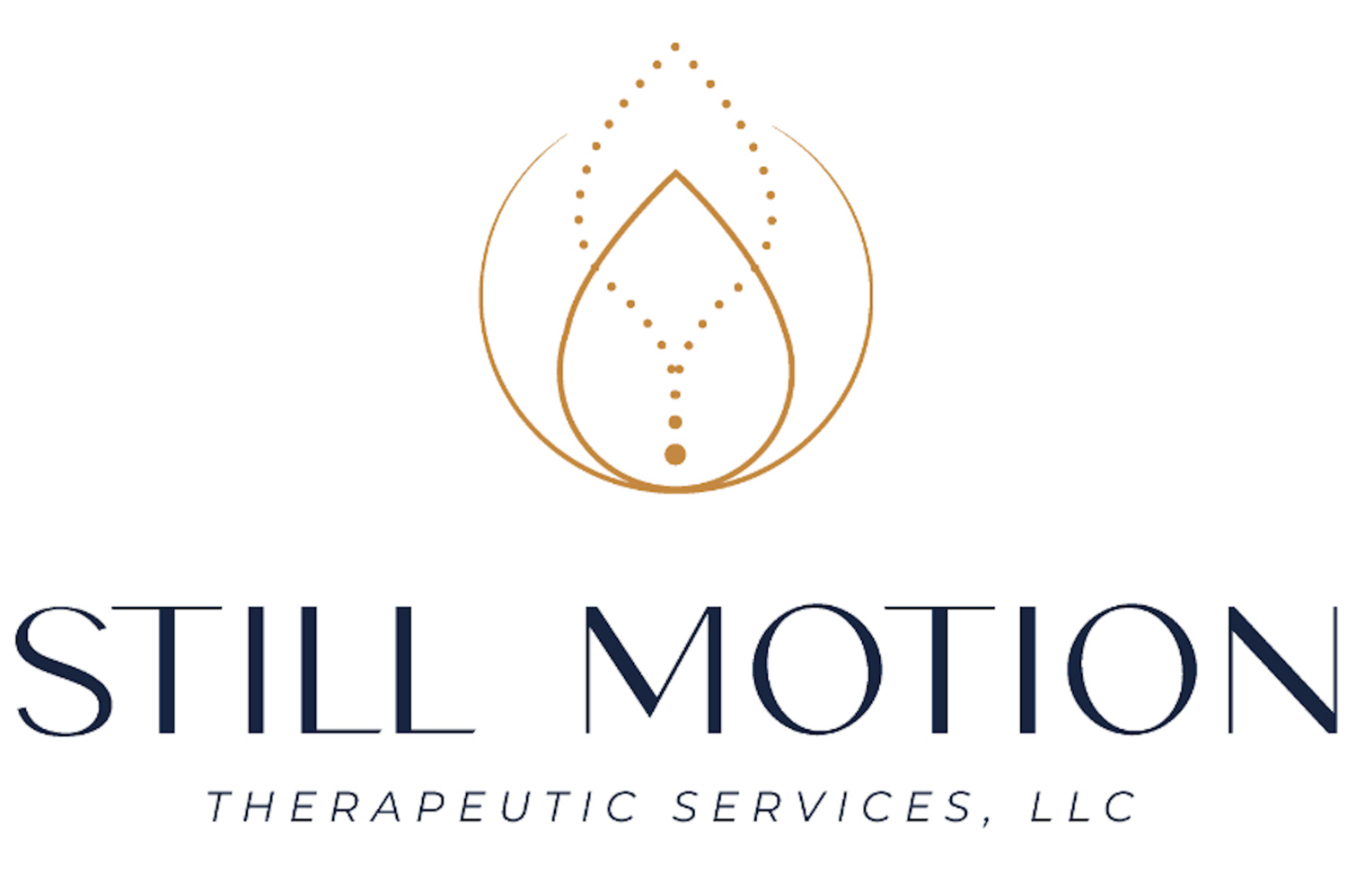What to Expect in Your First Counseling Session
/So ideally, prior to your first session, you've completed your intake form, discussed scheduling, prices and the unexpected (expected) cancellation fee's with your therapist, right? Next, you are preparing yourself for your very first session. I imagine that you are somewhat nervous. In fact, my anxiety level would go up if you were to tell me that you did not experience nerves prior to your first session. Maybe a series of thoughts and questions begin to flood your brain: am I doing the right thing? Should I back out? Do I really NEED therapy? If this is the case, I invite you to remind yourself of all the reasons that you wanted to initiate therapy in the first place. Remind yourself that just because you (and everyone else around you) would benefit from therapy doesn't mean that you are inept or incapable of meeting your own needs. The truth is, who wouldn't benefit from a sounding board, a listening ear, and a little guidance from a professional? The thing is, when we are 'in it' (trying to solve a problem in our head), collectively, we have a difficult time teasing out what is best for our greatest good. That's where the objective and unbiased therapist steps in.
Every therapist facilities the initial counseling session a little differently. One thing is for certain though, any legitimate therapist will expectedly review limitations of confidentiality and informed consent. Similarly, any competent therapist will review treatment goals and objectives. Once the formalities are completed, the client typically has the floor to address primary concerns and areas of clinical distress. Depending on your chosen's therapist style, he or she will guide you accordingly. For example, some therapists' might dive into scientifically studied techniques to assist the client in managing anxiety, depression, etc. Other therapists' might take a client centered approach, allowing the client to have full reins throughout treatment. What I'm getting at is, no two therapists are the same. Therefore, the expectations of the initial counseling session look different as they vary from clinician to clinician.
At this point, it is important to remind you that you chose the therapist you did for a reason. Whatever the case may be: age, sex, cultural background, education, stylistic approach, etc. Trust your gut on the therapist that you chose. If you steered yourself wrong, you'll know because you won't feel better after therapy. If this is the case you can always change therapists. In fact, I encourage you to change therapist if your not feeling better after the third or fourth session.
In conclusion, I invite you to expect the unexpected in your first counseling session. Allow yourself to be open and trust the therapeutic process.

